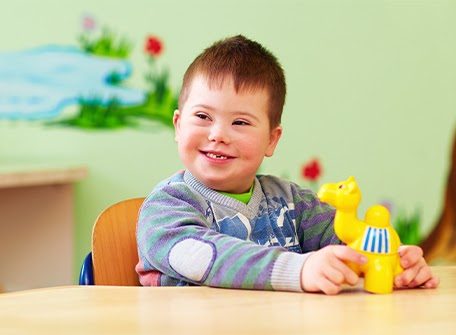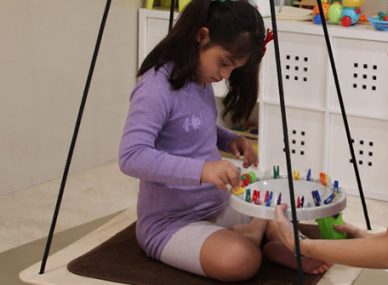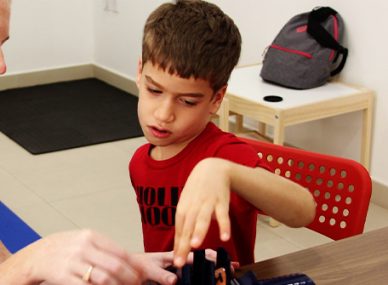Developmental difficulties in children are better called neurodevelopmental disorders. Those neurologically based conditions, such as speech and language disorders, intellectual disabilities, autism spectrum disorder, etc. interfere with the acquisition, retention, or application of specific skills. These disorders are characterized by deficits in both fine and gross motor coordination that may have a significant impact on a child’s activities of daily living or school productivity.
Developmental difficulties are unique and that one body system may be involved. In addition, these may embrace all categories and types of developmental milestones, especially learning disabilities, and achieving social, language, fine or gross motor, or cognitive skills. However, it’s impossible to identify and categorize the symptoms of most developmental problems within just one body system or within one category of developmental milestones.
But when parents see their child has trouble achieving age-appropriate developmental milestones, it is a genuine reason for concern. To be honest, developmental difficulties tend to affect a chain of developmental milestones and can be ongoing, and persistent, most often leading to attention deficit or hyperactivity disorder (ADHD) or hearing loss. Many children with learning differences and difficulties can have more than one learning disability or condition that affects learning.
As motor development forms the basis of so many functional skills, including learning abilities, the sooner families address the sooner their children with special needs will succeed.
How do Developmental Difficulties Cause Learning Difficulties?
So many reasons may be responsible for developmental difficulties, affecting learning. The causes are not always known, however, there are many instances of having a parent or relative with the same or similar learning and thinking difficulties. Other factors might be low birth weight and prematurity, or injury or illness during childhood, for example, a childhood illness like meningitis, head injury, etc.
Early intervention therapy can prevent and address developmental issues.
Early Intervention Therapy
Early intervention therapy is especially good at minimizing potential developmental delays or disorders and enhancing the development of a child and helping them reach their full potential. A child who receives EI therapy is more likely to build skills and self-confidence, and boost the possibility that he or she will do well as a student.
Role of an Early Intervention Therapist
Let’s assume there are only minor developmental difficulties in your child. An early help or intervention can prevent it from becoming something major. An early intervention therapist will educate, empower, assist and
help learn strategies, specific to your child, through intentional and purposeful play.
So much is occurring in an infant’s brain during development and those become evident, often from mild to moderate levels. As soon as any type of developmental delay is perceived in your child, consult a pediatrician and a pediatric early intervention therapy specialist. The wait-and-watch approach is often fatal. However, there are exceptions too, but as a child continues to learn and develop right from infancy, sooner is better than later.
Want to consult an early intervention therapist? Book your appointment with highly qualified and experienced pediatric therapists at Hope AMC in Dubai, a state-of-the-art child rehabilitation and therapy facility.





